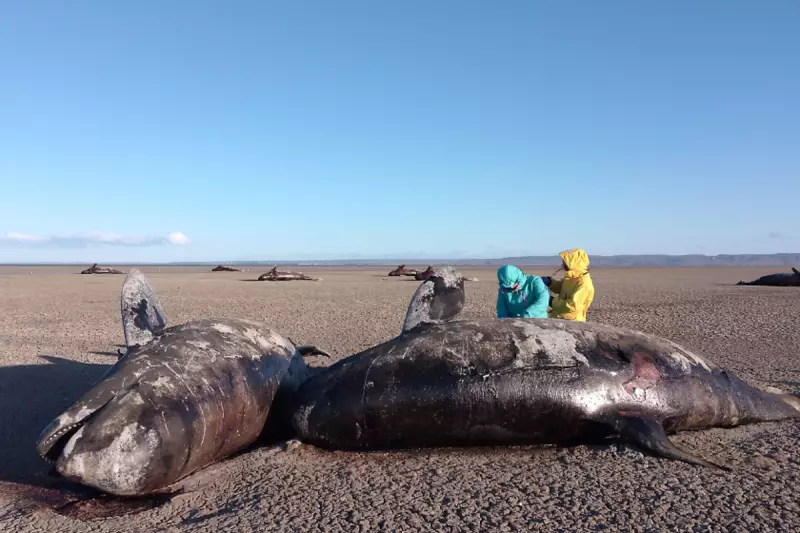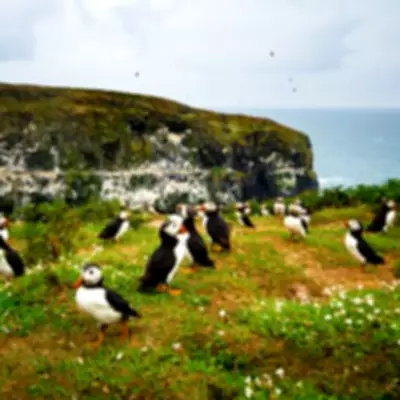
In a devastating marine event that has left scientists searching for answers, seventeen killer whales perished after becoming stranded on the Atlantic coast of Argentina. The mass beaching represents one of the largest single stranding events involving orcas ever documented worldwide.
The tragic discovery was made in the Punta Delgada area, located along the Valdés Peninsula in Patagonia – a region typically known for its rich marine biodiversity rather than such catastrophic wildlife events.
Unprecedented Scale
Marine biologists have expressed particular concern over the scale of this stranding event. Initial observations suggest the entire pod consisted of both adults and younger animals, indicating this may have been a complete family group.
"Mass strandings of this magnitude are exceptionally rare for killer whales," explained one researcher familiar with the incident. "While individual orcas occasionally beach themselves, losing an entire pod of this size is both tragic and scientifically significant."
The Investigation Begins
Scientific teams have been dispatched to the remote location to conduct necropsies and gather crucial data that might explain what led to this catastrophic event. Researchers are considering several potential factors:
- Possible disruption to the orcas' sophisticated echolocation systems in shallow waters
- Health issues affecting the pod's navigation abilities
- Environmental factors including unusual tidal patterns or underwater topography
- Potential prey pursuit that led the pod into dangerously shallow territory
The challenging coastal terrain and advanced decomposition of some specimens have complicated the investigation, though scientists remain determined to extract whatever information they can from this tragic event.
Conservation Implications
This stranding event has raised important questions about killer whale behaviour and conservation. While not considered an endangered species globally, specific populations of orcas face significant threats from human activities, pollution, and declining prey populations.
The scientific data gathered from this event may provide valuable insights into killer whale health, social structure, and the challenges these magnificent predators face in our changing oceans.
As the investigation continues, the marine science community mourns the loss of these remarkable animals while working to prevent similar tragedies in the future.





